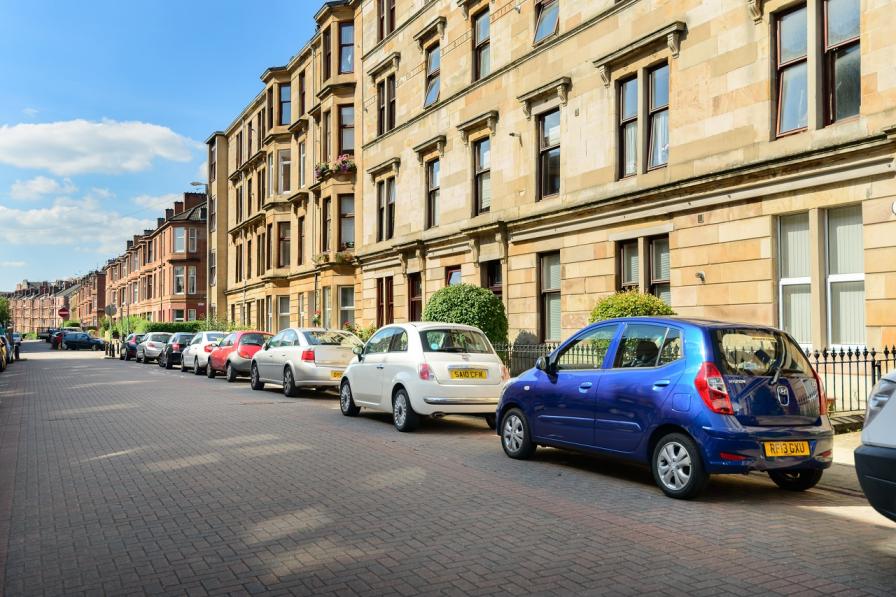OR
Express Checkout
We guarantee to have the lowest price! Find the same bin for a cheaper price and we will beat it!

Do You Wheelie Know the Building Regulations?
While it’s great that we’re all recycling more, we all have more wheelie bins and recycling boxes than ever before, and it’s causing a headache for residents who just don’t have the space to store bins and for refuse teams who have to drive up narrow lanes and struggle to collect them. There’s a definite need for more space for wheelie bins, and the requirements are laid out in the Building Regulations.

What the Building Regulations Say
The Building Regulations Part H covers drainage but it also covers the storage of solid waste.
Part H6 stipulates that:
(1) Adequate provision shall be made for storage of solid waste.
(2) Adequate means of access shall be provided:
(a) For people in the building to the place of storage; and
(b) From the place of storage to a collection point (where one has been specified by the waste collection authority) or to a street (where no collection point has been specified).
Houses, Bungalows, and Flats
Houses, Bungalows and flats (up to the fourth floor) need to have space for the storage of waste containers that measures 0.25m³. Each property should also have access to space where at least two individual movable bins or communal waste containers can be stored. Where there are communal waste containers, space requirements must be discussed with the local authority.

The Location of Waste Containers
Residents should not have to carry refuse more than 30m to waste storage areas or containers. Waste containers should be located in areas that don’t require residents to take them through a building to be collected or emptied. Exceptions include garages and any other covered over open space. This rule applies to all new buildings.
Outdoor storage areas for waste containers should not be located near windows or ventilators and should be ideally in the shade or covered over. Waste containers must not impede pedestrian or vehicle access to a building. This point is a common bone of contention, as some householders might take their bins out for collection and leave them out on the street where they can become an obstacle for disabled people, the elderly, and mothers with buggies and prams.